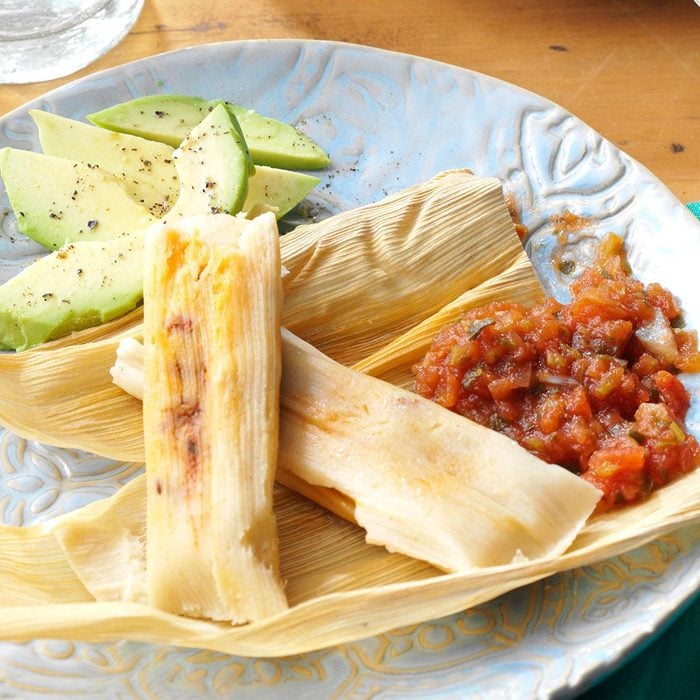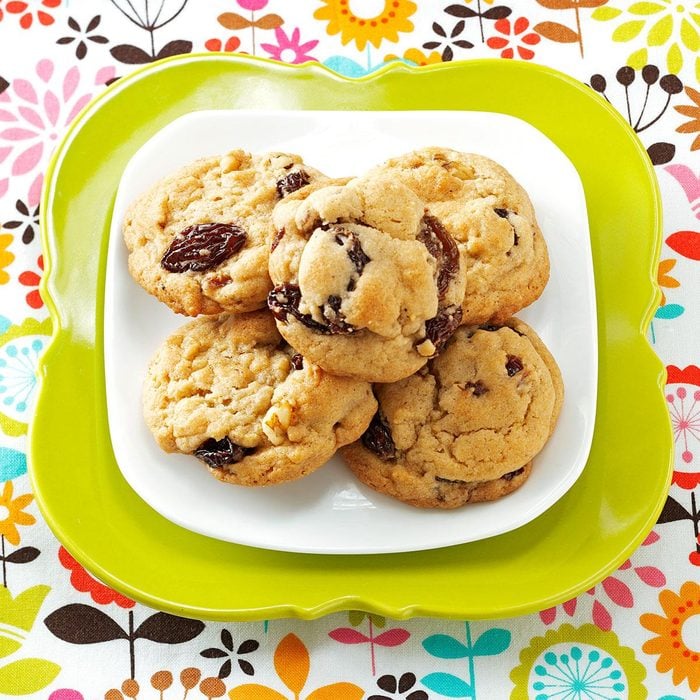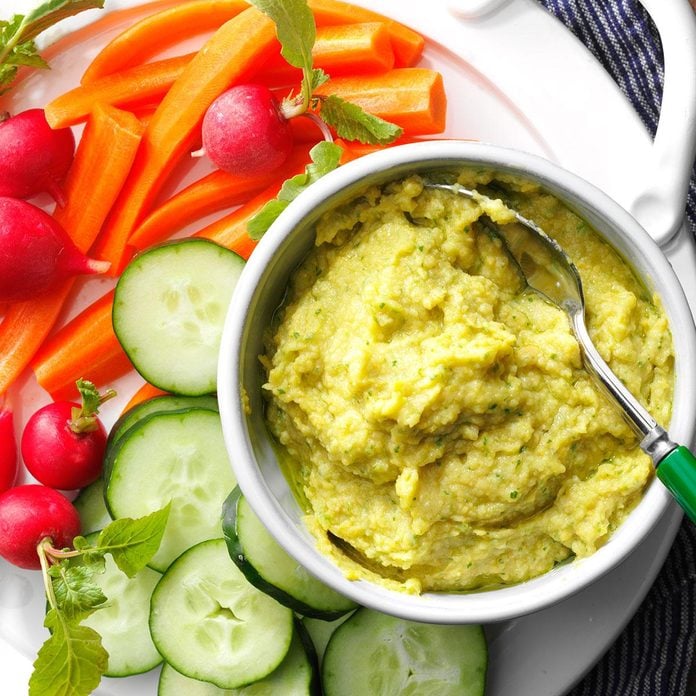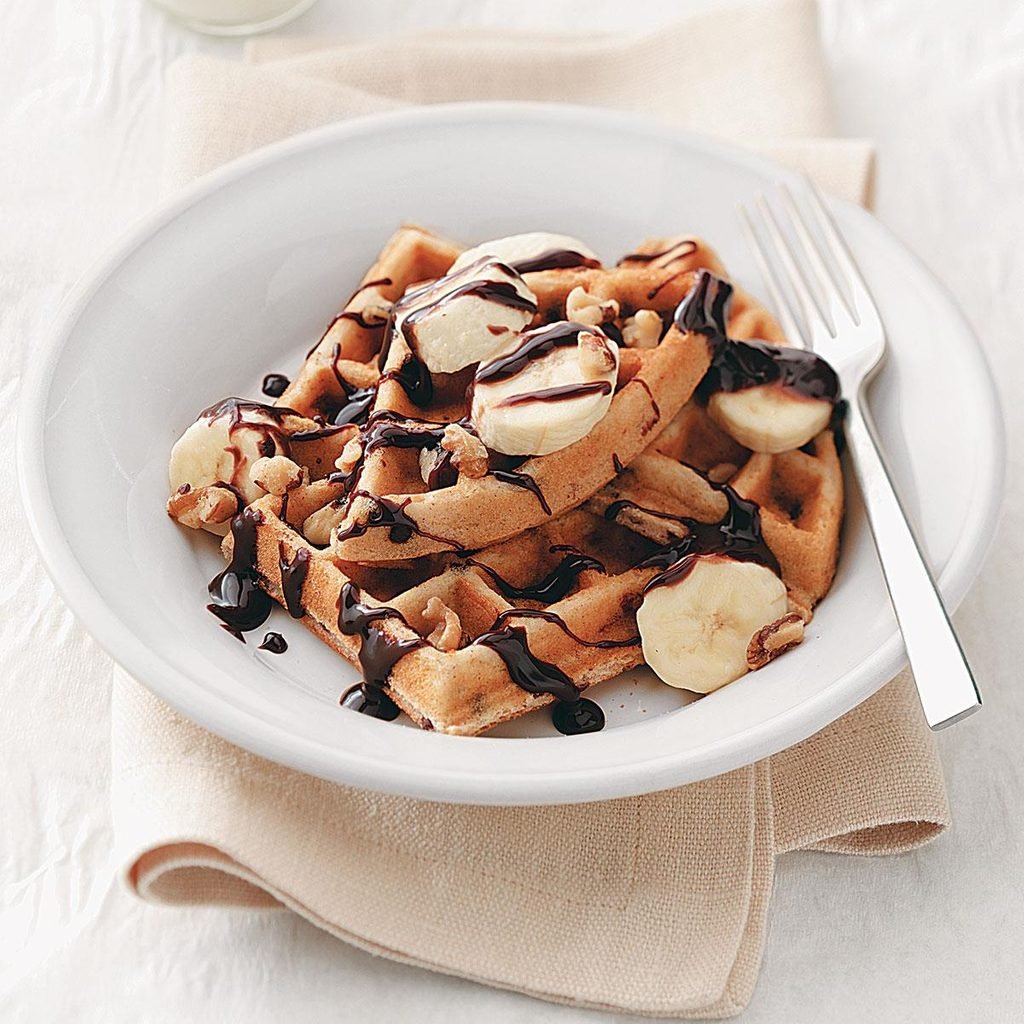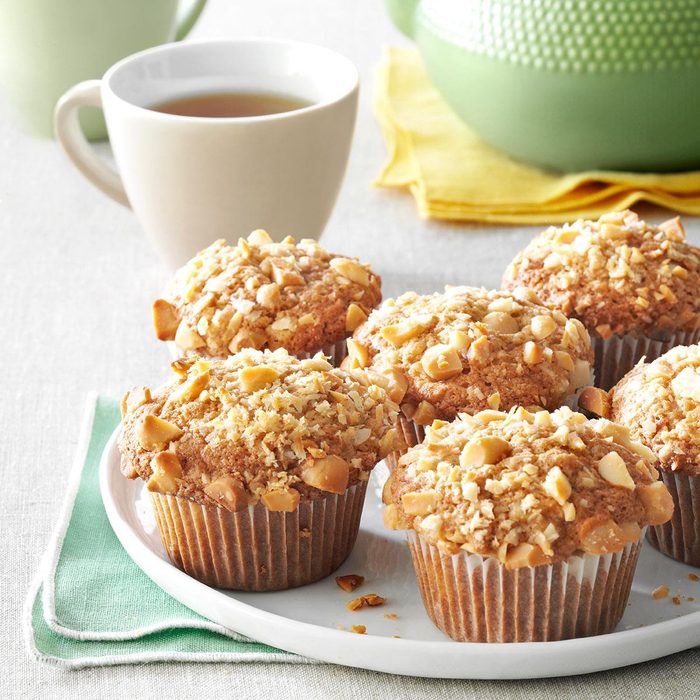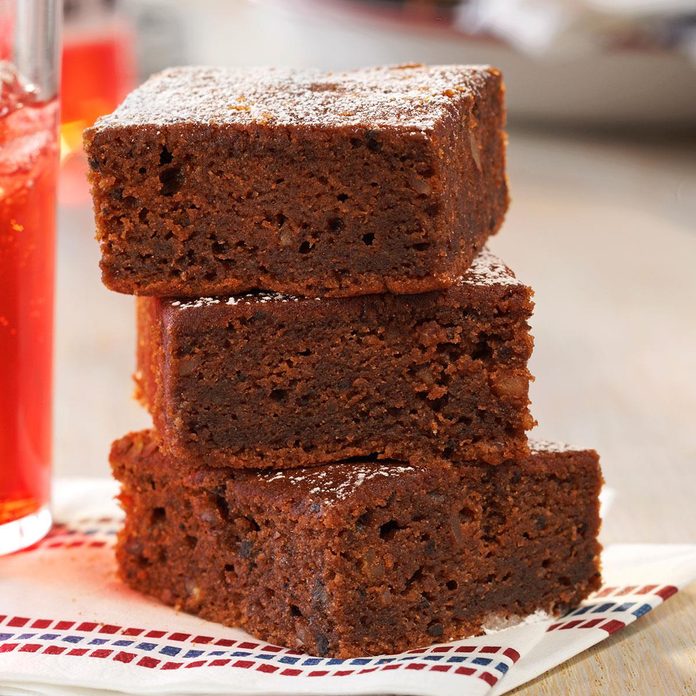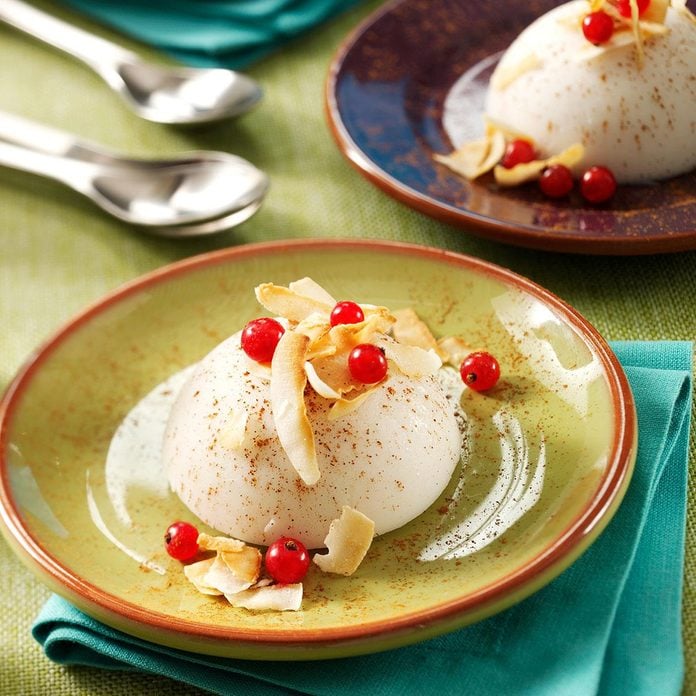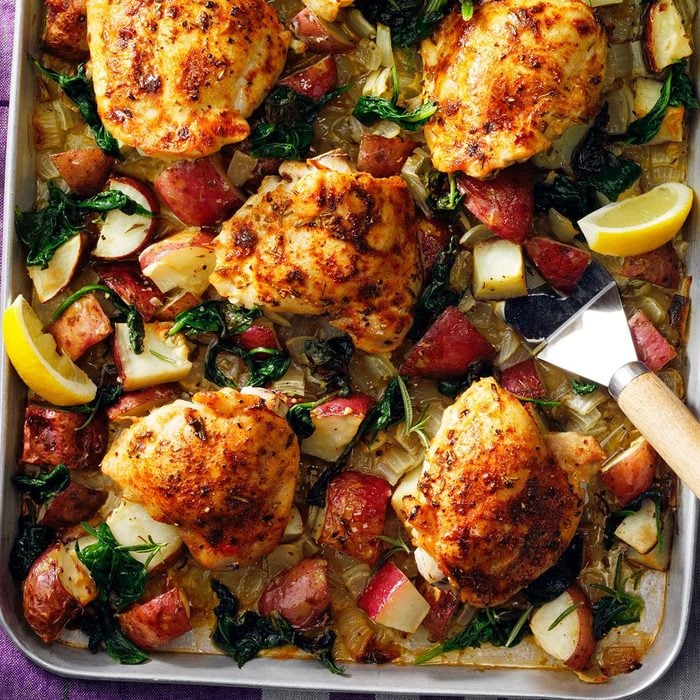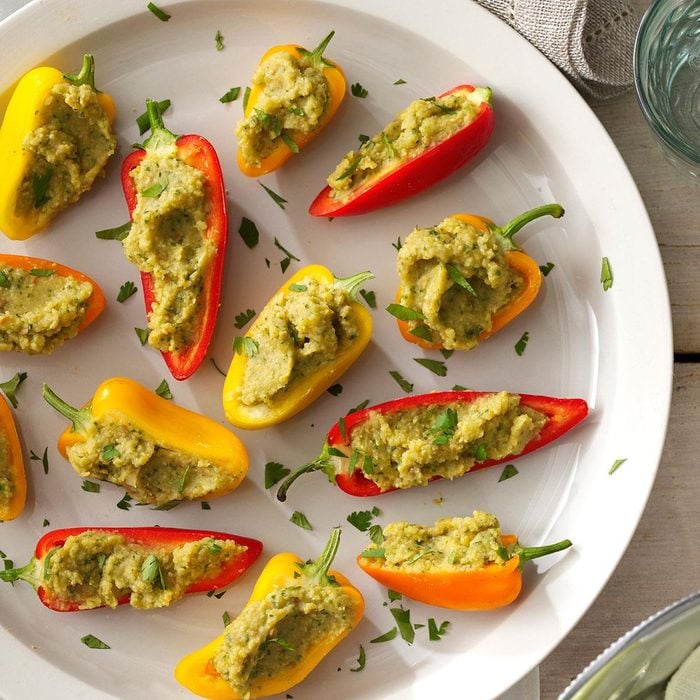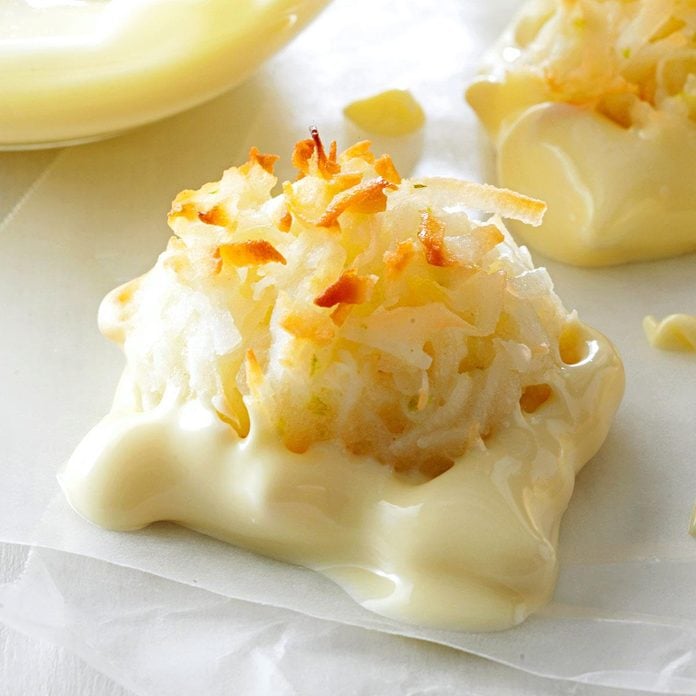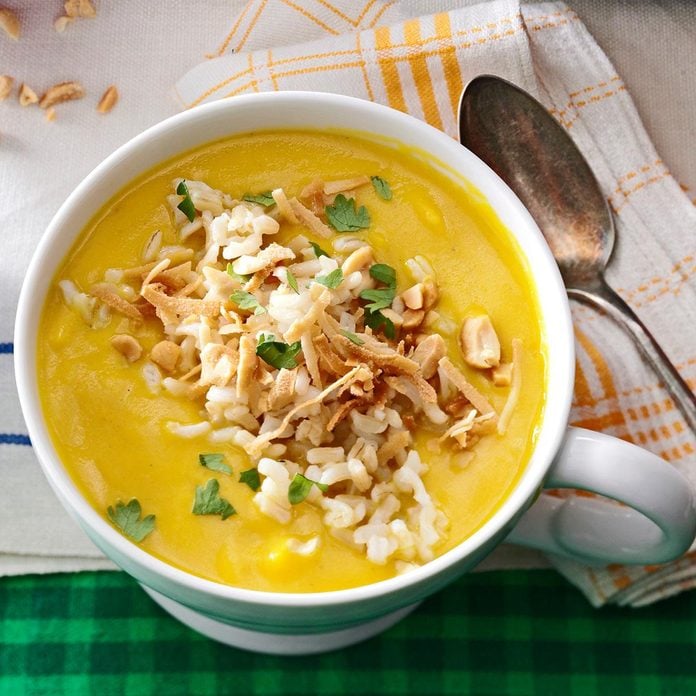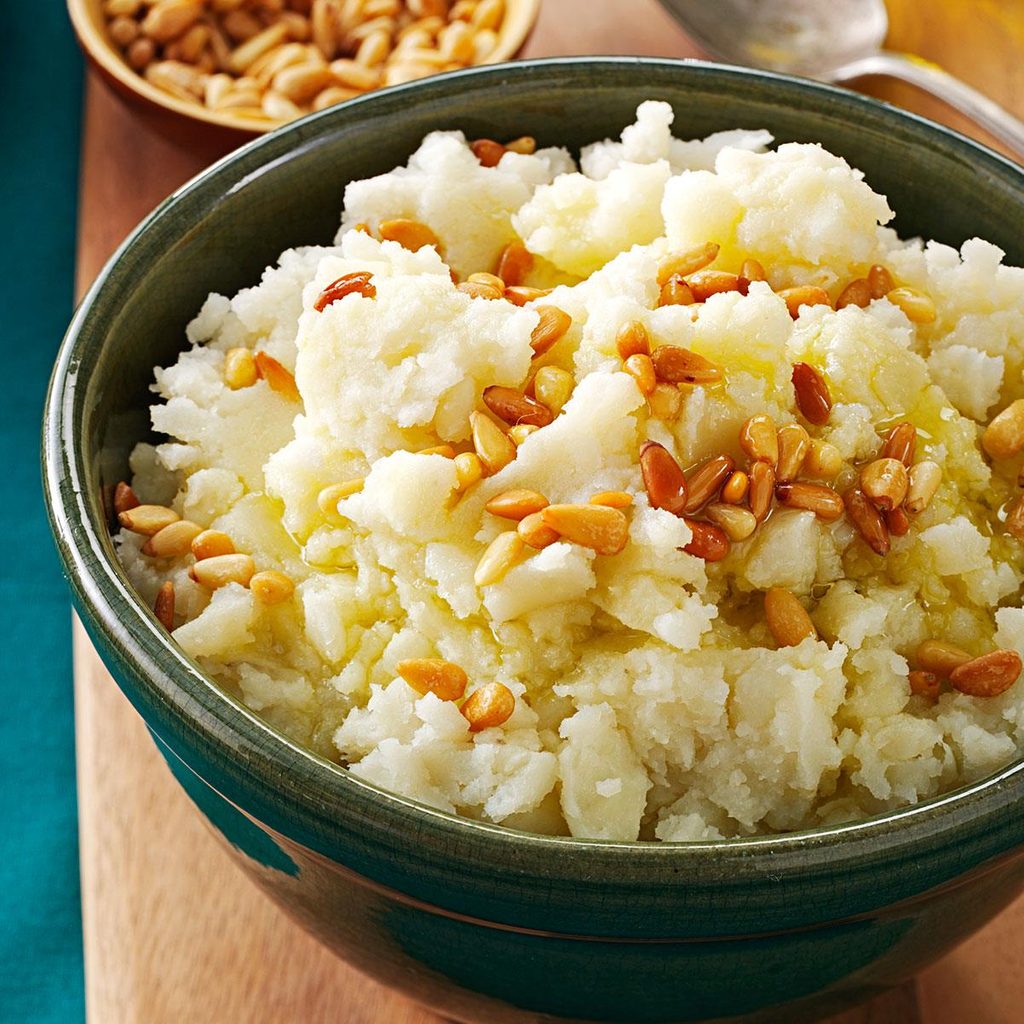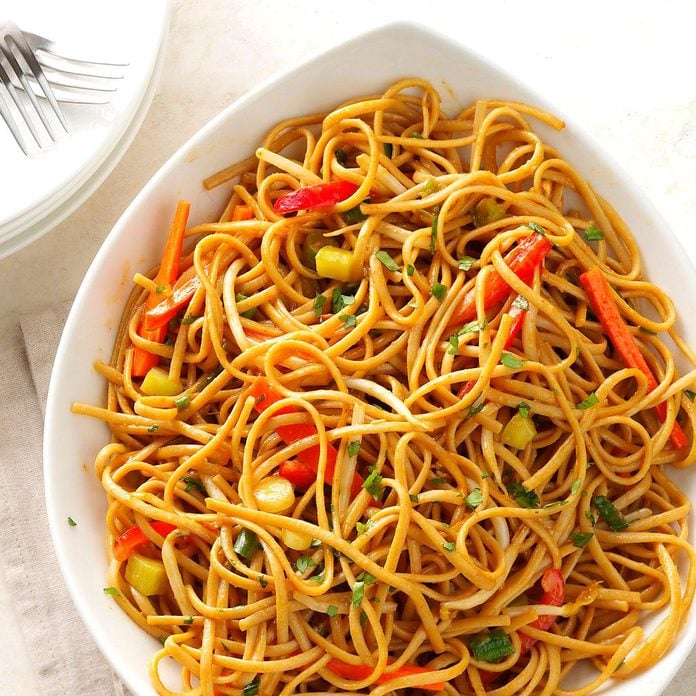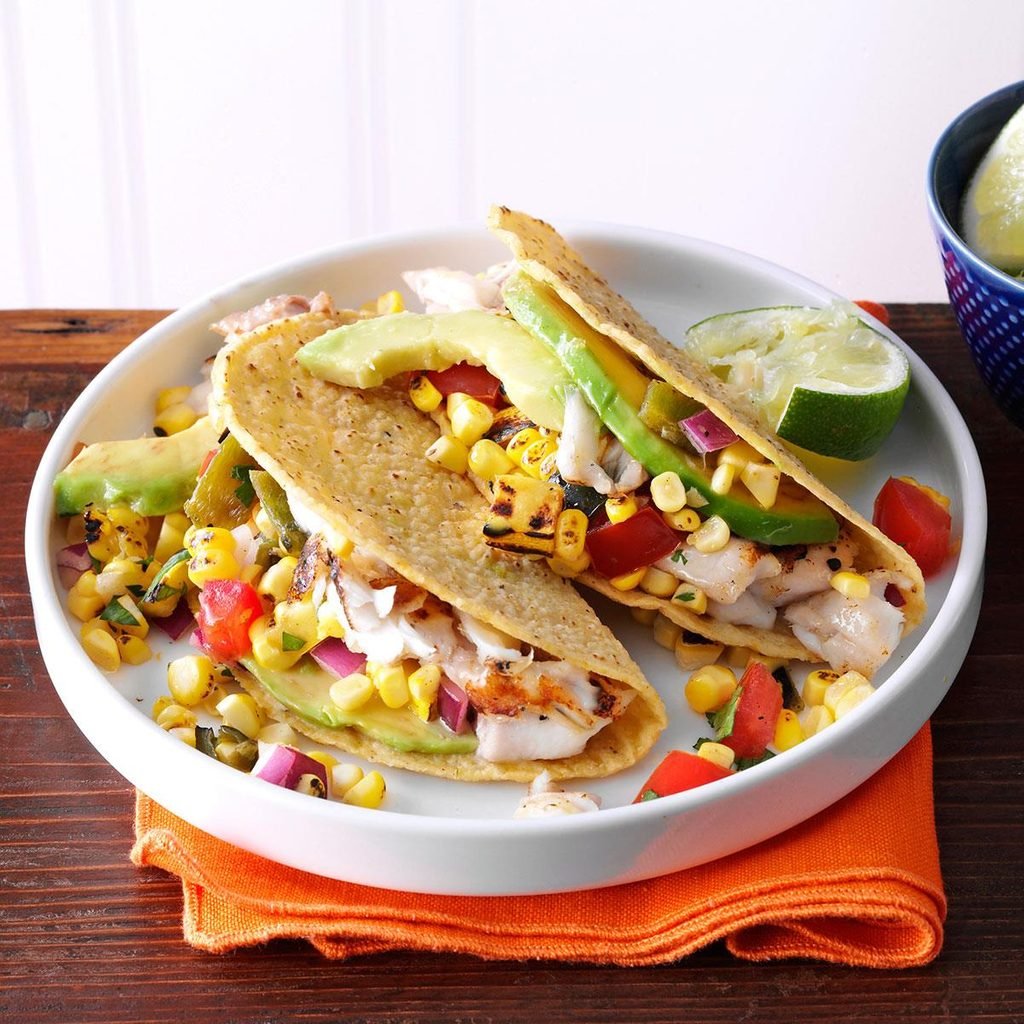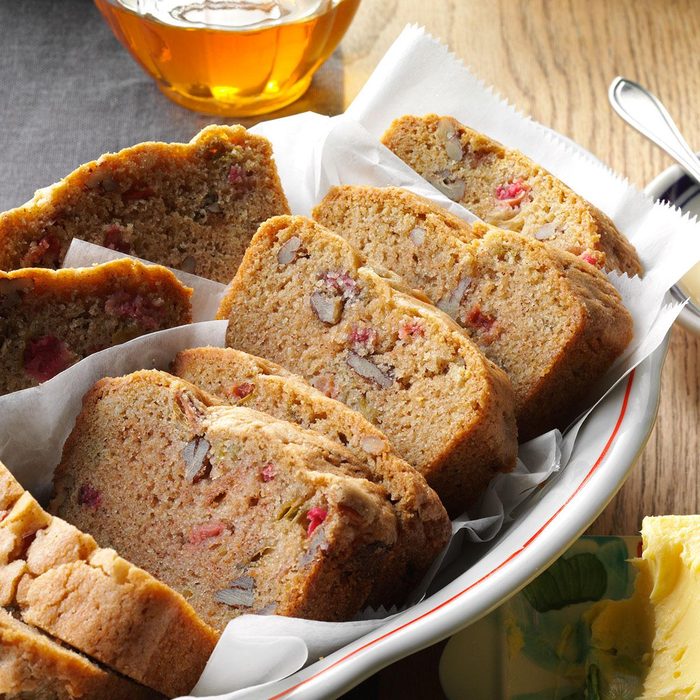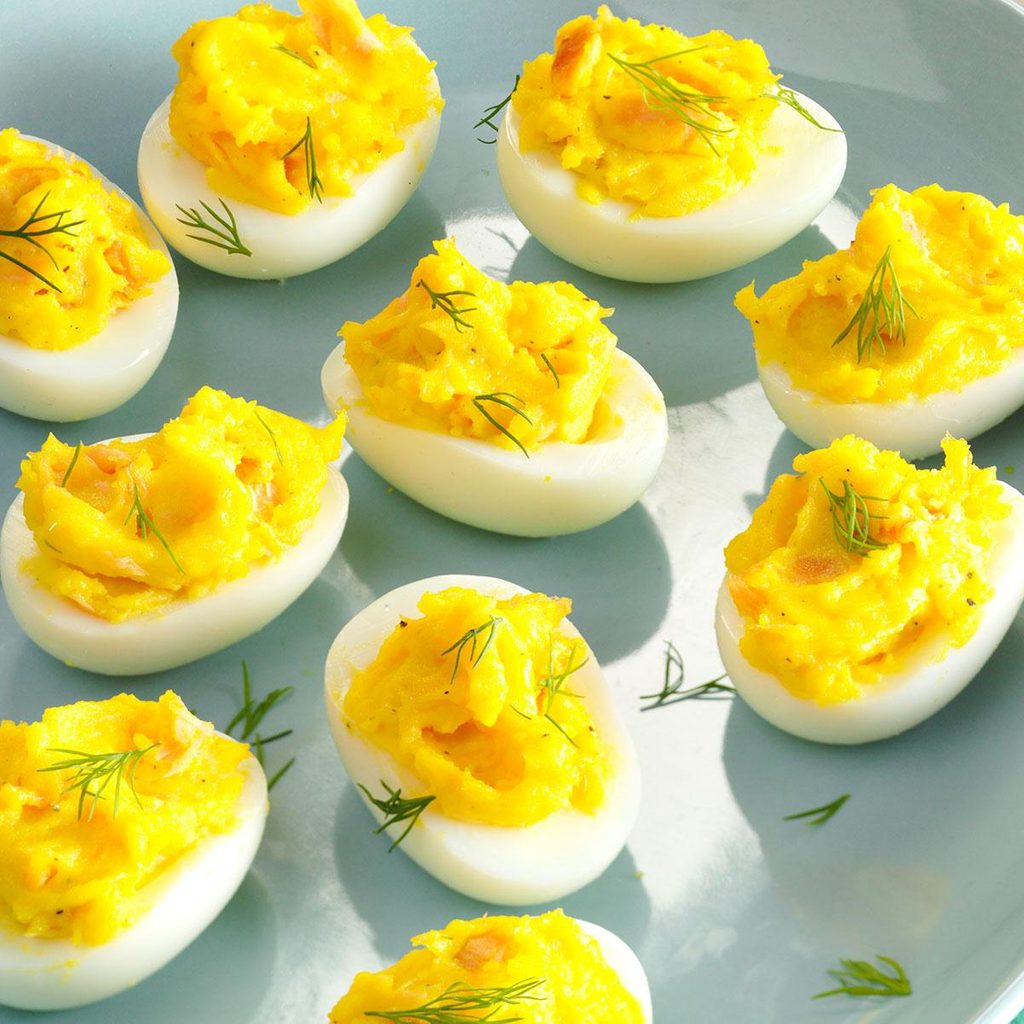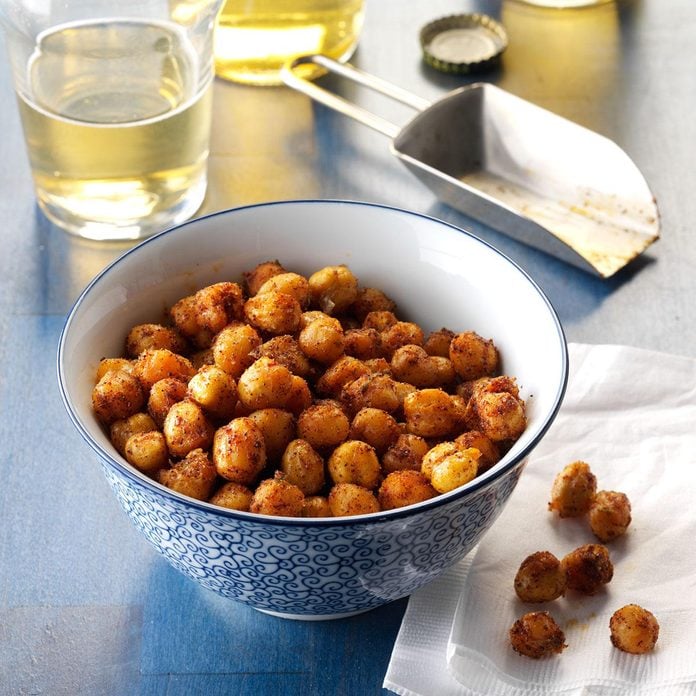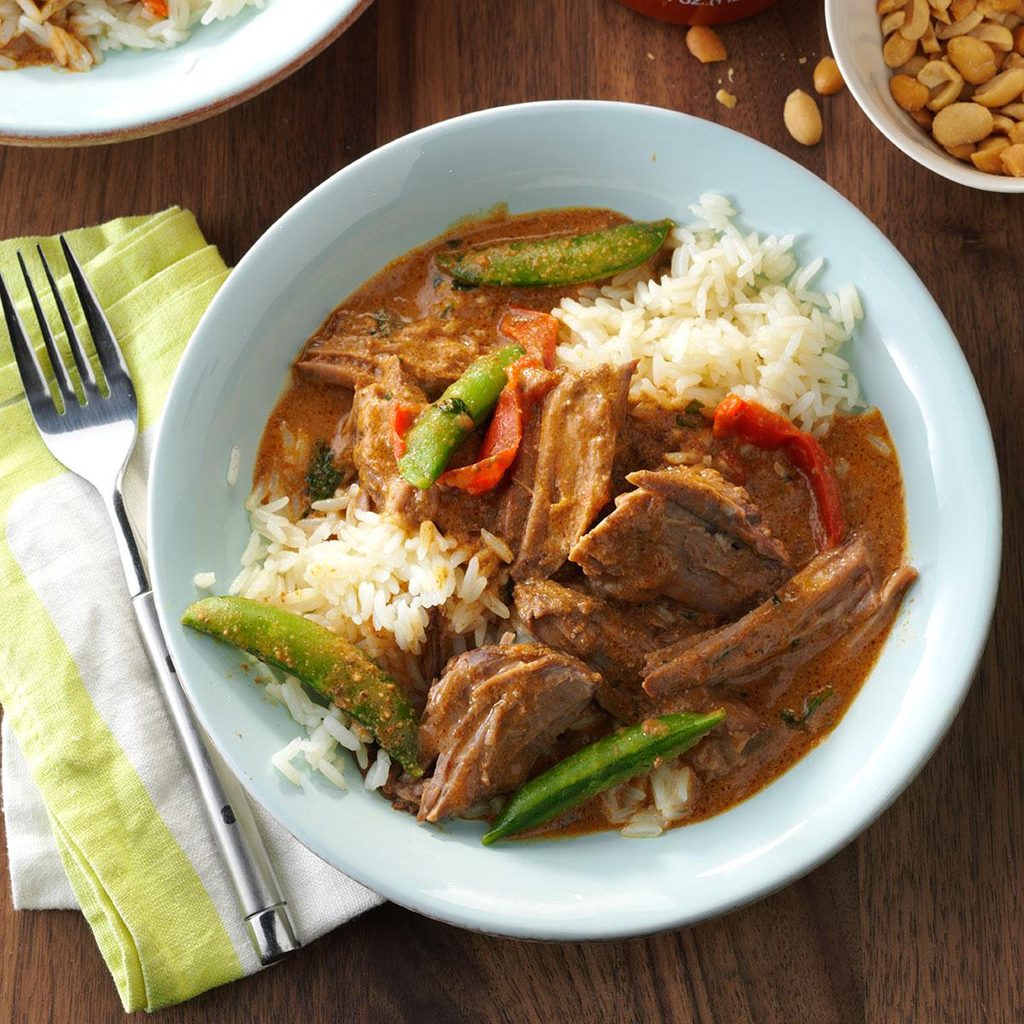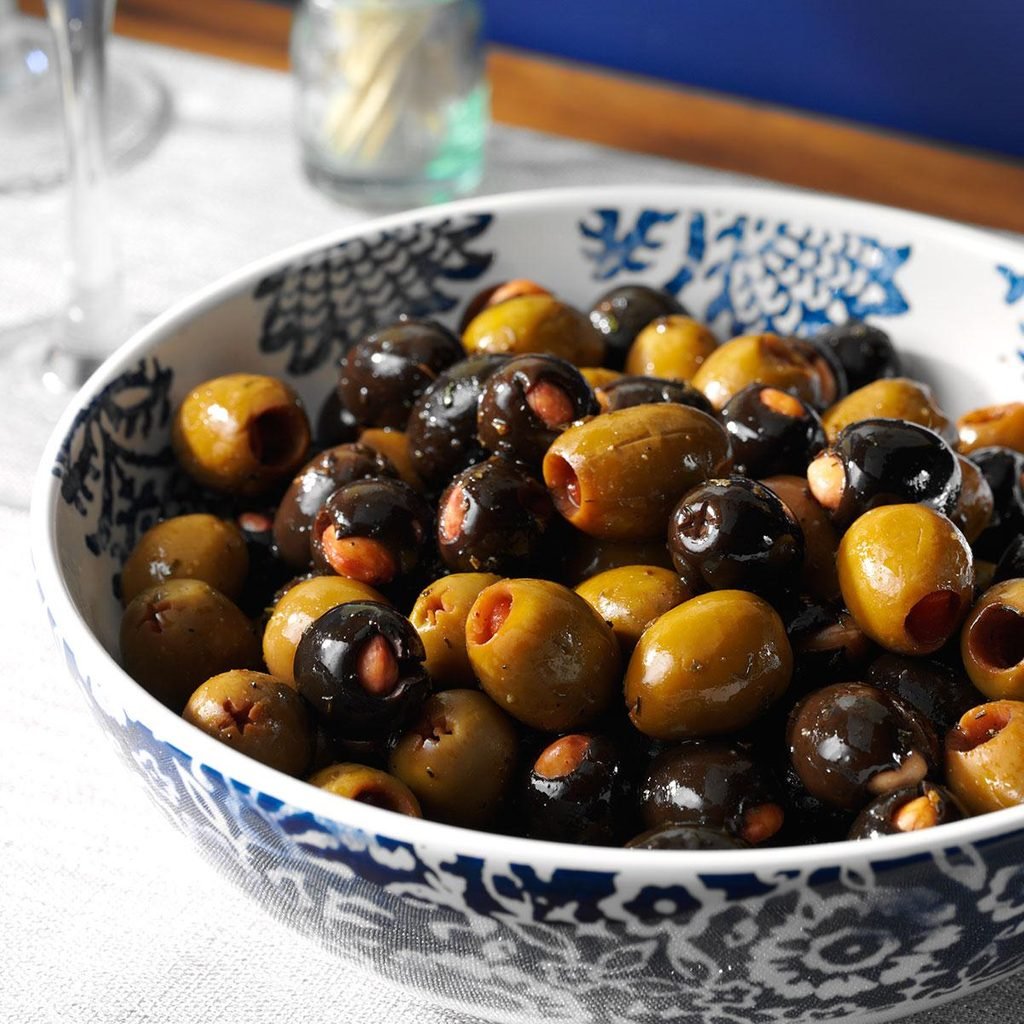With new brands frequently popping up in grocery stores, cafeterias and coffee shops, plant-based milks are here to stay. It’s great that there are now so many options; however, the variety can be overwhelming. With milks made from rice, oats, flax, almonds and more—how do you know where to start?
Why Can’t Some People Drink Milk?
Cow’s milk contains lactose, a form of sugar that’s difficult for a large part of the population to digest. Some people can’t drink milk because of intolerance, allergies or dietary restrictions and need nondairy alternatives. Switching from cow’s milk to lactose-free milk or plant-based drinks might relieve allergy or intolerance symptoms, such as stomach issues, skin reactions or even respiratory conditions.
But be careful when reading labels. “Nondairy” and “dairy-free” don’t necessarily mean the same thing. While dairy-free usually means what it says, nondairy products may contain milk proteins such as casein or whey, or other milk derivatives. Always review the ingredient list closely.
How Do You Choose a Nondairy Milk Alternative?
After traditional cow’s milk, soy milk has the most protein. Rice and hemp milk are good picks for allergy sufferers, as they’re free of dairy, soy, nuts and gluten. Check plant-based drinks’ nutrition labels, as some varieties, especially flavored, sweetened versions, have quite a bit of added sugar. Opt for those with fewer calories, which usually means less sugar.
What Are the Most Popular Nondairy Milks, and When Should You Use Them?
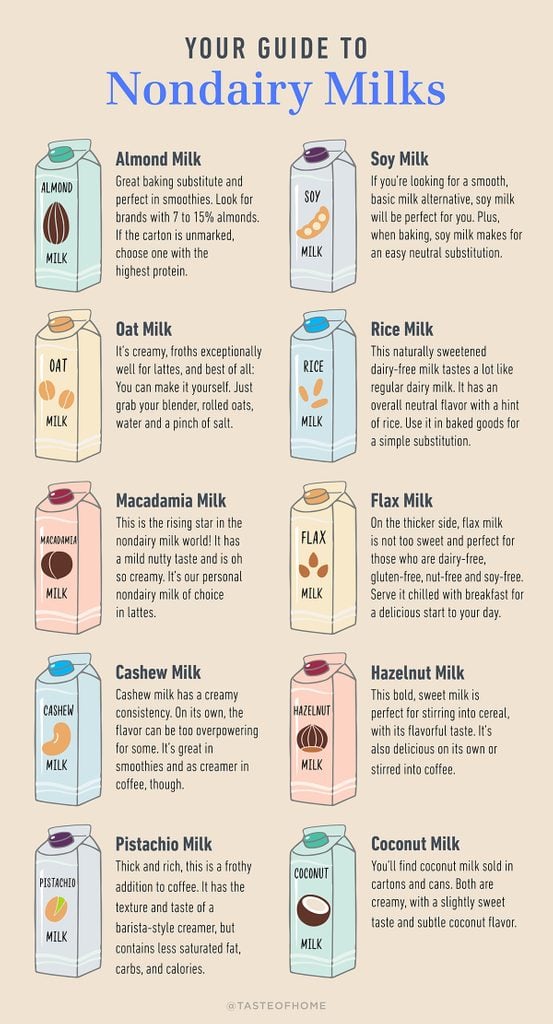 Taste of Home, Getty Images (2)
Taste of Home, Getty Images (2)
When browsing for a milk alternative, give at least a couple products a try. Then, once you find a nondairy milk you like, experiment with different flavors and sweetened vs. unsweetened varieties. Here’s our list of nondairy milk alternatives, along with notes on flavor and what each milk is best used for.
Almond Milk
With its light and subtle nutty flavor, almond milk is a great baking substitute and perfect in smoothies and smoothie bowls. It’s plain, but in a good way—one of our favorite “starter” nondairy milks. To enjoy the health benefits that almond milk offers, look for brands with 7 to 15% almonds. If the carton is unmarked, look for the brands with the highest protein.
Cashew Milk
Cashew milk has a creamy consistency. On its own, the flavor can be too overpowering. It’s great in smoothies and as creamer in coffee, though.
Coconut Milk
You’ll find coconut milk sold in cartons and cans. Both are creamy, with a slightly sweet taste and subtle coconut flavor. The coconut milk sold in cartons works best for drinking and the cans are great for baking. (See how to cook and bake with coconut milk.)
Flax Milk
On the thicker side, flax milk is not too sweet and perfect for those who are dairy-free, gluten-free, nut-free and soy-free. Serve it chilled with breakfast for a delicious start to your day.
Hazelnut Milk
This bold, sweet milk is perfect for stirring into cereal, with its flavorful taste. It’s also delicious on its own or stirred into coffee.
Macadamia Milk
This is the rising star in the nondairy milk world! It has a mild nutty taste and is oh so creamy. It’s our personal nondairy milk of choice in lattes.
Oat Milk
Oat milk is all the rage right now! It’s creamy, froths exceptionally well for lattes, and best of all: you can make it yourself. Just grab your blender, rolled oats, water and a pinch of salt and you’re ready to tackle our recipe for homemade oat milk.
Pistachio Milk
Like oat milk, pistachio milk is creamy and can be made from scratch. Elmhurst 1925 also makes a pistachio milk coffee creamer that will add a distinct flavor to your morning brew. It has the texture and taste of a barista-style creamer, but contains less saturated fat, carbs and calories.
Rice Milk
This naturally sweetened dairy-free milk tastes a lot like regular dairy milk. It has an overall neutral flavor with a hint of rice. Use it in baked goods for a simple substitution.
Soy Milk
If you’re looking for a smooth, basic milk alternative, soy milk will be perfect for you. It can be found in most stores, restaurants and coffee shops. Plus, when baking, soy milk makes for an easy neutral substitution.
How Do You Bake and Cook with Plant-Based Milks?
You can substitute milk alternatives for conventional milk at a 1:1 ratio in most baking recipes, including cakes, cookies, muffins and pancakes. Choose milk alternatives that don’t contain flavoring or a lot of added sugar.
In other cooking, however, the type of milk matters. You’ll get very different results in a cream sauce made with almond milk than in one made with actual cream. If you must cook with a milk alternative, choose soy milk. It’s thicker than many milk alternatives and will result in a texture and consistency that most closely resembles traditional cow’s milk.
Are Plant-Based Milks More Expensive Than Cow’s Milk?
Plant-based drinks typically fall in the $3 to $4 range per half-gallon as compared to a half-gallon of traditional cow’s milk at $1 to $2.50. At more than $5 per half-gallon, premium organic milk from grass-fed cows tends to be the most expensive.
Wondering how all these plant-based drinks taste? See how the brands fared in our nondairy alternatives taste test.
Recipes You Won't Believe Are Dairy-Free
Lemon Chicken with Orzo
Here's a dish that's light and summery but still filling. My kids love all the veggies...for real! If you like a lot of lemon, stir in an extra splash of lemon juice just before serving. —Shannon Humphrey, Hampton, Virginia
Go to Recipe
Wash this satisfying dish down with a
dairy-free dessert or a tall glass of
lactose-free milk.
Baked Pot Stickers with Dipping SauceTwisting these wonton wrappers like little candies makes them fuss-free, and the dipping sauce is packed with sweet heat. —Taylor Marsh, Algona, Iowa
Air-Fryer Peanut Butter CookiesAn iconic American cookie, this version is so easy to mix up and bakes even faster in the air fryer. With these air-fryer peanut butter cookies, cravings can now be satisfied in mere minutes. —Maggie Schimmel, Wauwatosa, Wisconsin
Cranberry MeatballsLots of people have asked me for this recipe, but I knew I had a real winner when my grandmother asked me for it! —Tammy Neubauer, Ida Grove, Iowa
Grilled Southwestern Steak SaladPasta salad loaded with steak, peppers and onions makes both my boyfriend and me happy. Plus, it’s versatile! We serve it hot, room temperature or cold. —Yvonne Starlin, Westmoreland, Tennessee
Pork and Apple TamalesServe this family favorite for all occasions: a quick dinner, brown-bag lunch, hearty snack or even a fun appetizer. —Marie Macy, Fort Collins, Colorado
If you're looking for some dairy-free dessert options, try this
dairy-free pumpkin pie, just one ingredient swap transforms this traditional dessert into a rich and decadent dairy-free sweet treat.
Mom's Soft Raisin CookiesWith four sons in service during World War II, my mother sent these favorite cookies as a taste from home to "her boys" in different parts of the world. These days, my 11 grandchildren are enjoying them as we did, along with my stories of long ago.— Pearl Cochenour, Williamsport, Ohio
Bacon PastaThis bacon pasta recipe is a simple, crowd-pleasing dish perfect for weeknight meals. Combining crispy bacon with a slow-simmered tomato sauce and al dente spaghetti, it’s a comfort food classic.
Dairy-Free Lemon SconesButter is traditional in scones, but I use coconut oil, which is solid at room temperature and can be cut in like butter. My family enjoys these for brunch on Sundays. Stir in a tablespoon of poppy seeds for a fun twist. —Linda Persall, Cullman, Alabama
Garlic Garbanzo Bean SpreadMy friends and family always ask me to make it. I guarantee you’ll be asked for the recipe. —Lisa Moore, North Syracuse, New York
Chocolate Chip-Banana Belgian WafflesGluten-free pancake mix and rice milk are the secret ingredients in this treat from my cookbook,
Cooking for Isaiah: Gluten-Free & Dairy-Free Recipes for Easy, Delicious Meals. Chocolate and bananas never tasted better! —Silvana Nardone, Brooklyn, New York
Banana Macadamia MuffinsThese muffins taste even better the next day, so to save time, I often make them the night before. They stay moist for days, plus the ingredients you need for this
dairy free food are easily accessible at any grocery store. —Stasha Wampler, Clinchport, Virginia
Super Spud BrowniesThese moist and cakelike brownies came from my mom’s old cookbook. Mashed potatoes may seem like an unusual ingredient, but they work beautifully—this recipe took first place at a local festival. —Marlene Gerer, Denton, Montana
Lahmajoon (Armenian Pizza)With my family's Armenian background, I grew up surrounded by great cooks. Since Armenian food is time-consuming and labor-intensive, cooking for any party started weeks in advance. I learned to cook from my mom but have revamped many of her dishes to make them healthier, simpler and quicker, like this version of Armenian Pizza. —Jean L. Ecos, Hartland, Wisconsin
Chipotle Focaccia with Garlic-Onion ToppingChipotle peppers make some people grab their water glasses, while others can't get enough of the smoky heat. I came up with this recipe to fit right in the middle. Add more chipotle if you crave spiciness. —Frances Kay Bouma, Trail, British Columbia
Pignoli CookiesDon't let a holiday go by without baking these traditional almond cookies rolled in pine nuts.
Savory Turkey PotpiesThis will perk you up on a cold, rainy day. You can use chicken in place of turkey, and I like to serve the potpies with a fresh green salad or cranberry sauce on the side. —Judy Wilson, Sun City West, Arizona
Puerto Rican Coconut PuddingTembleque, or coconut pudding, brings back so many memories of the days my family would vacation in Puerto Rico to see my relatives. It was one of my favorite things to eat—I'm sure it will become a much-loved recipe with your family, as well. —Linette Serenil, Upland, California
Portobello Bruschetta with Rosemary AioliBy caramelizing onions, broiling peppers and whipping up a homemade aioli with fresh herbs, you will add dimensions of flavor not found in store-bought bruschetta. —Stephanie Metzger, Camp Hill, Pennsylvania
Mini BLT AppetizersFive simple ingredients are all you need to wow friends and family with a tasty appetizer. I love to make these as much as I love to share them. —Nick Berg, Milwaukee, Wisconsin
Pan-Roasted Chicken and VegetablesThis one-dish roast chicken with vegetables tastes as if it took hours of hands-on time to put together, but the simple ingredients can be prepped in mere minutes. The rosemary gives it a rich flavor, and the meat juices cook the veggies to perfection. It’s unbelievably easy! —Sherri Melotik, Oak Creek, Wisconsin
Garbanzo-Stuffed Mini PeppersMini peppers are so colorful and are the perfect size for a two-bite appetizer. They have all the crunch of pita chips but without the extra calories. —Christine Hanover, Lewiston, California
Rosemary FlatbreadsMy family loves this as a pizza crust. But with a touch of olive oil and fresh herbs it makes a lovely flatbread appetizer. —Sue Brown, West Bend, Wisconsin
Lime & Gin Coconut MacaroonsI took these lime and coconut macaroons to our annual cookie exchange, where we name a queen. I won the crown! —Milissa Kirkpatrick, Angel Fire, New Mexico
Ginger Butternut Squash BisqueThis soup is filling enough for my husband, and it’s vegetarian, which I love. The couple who introduced us made it for us on a freezing night and we’ve been hooked ever since. —Cara McDonald, Winter Park, Colorado
Mediterranean Mashed PotatoesIt's hard for our family to imagine eating mashed potatoes any other way but this. It tastes great on its own or drizzled with tahini sauce. —Nikki Haddad, Germantown, Maryland
Mango Sticky RiceAs a nice contrast to traditional desserts, this Thai mango
sticky rice recipe is a refreshing treat with a sweet and simple sauce that perks up your post-dinner taste buds.—Monnie Norasing, Mansfield, Texas
Best Ever Veggie BurgerIt was so hard finding a veggie burger that tasted good, didn't fall apart on the grill and was easy to make so I decided to create my own. —Sarah Tramonte,
Taste of Home Associate Culinary Producer
Thai Pasta with Spicy Peanut SauceWe love how the whole wheat pasta and crisp, raw vegetables blend with the rich and creamy peanut sauce. The addition of fresh lime juice really brightens the flavor of the dish. Some eat it hot, but my husband and I prefer to wait until it's closer to room temperature. —Donna McCallie, Lake Park, Florida
Rustic Cranberry TartsI like to serve colorful desserts for gatherings with family and friends. These beautiful tarts are filled with cranberry and citrus flavor, and they’re easy to make and serve. —Holly Bauer, West Bend, Wisconsin
Summer Garden Fish TacosI like to serve fish tacos with quinoa and black beans for a complete and satisfying meal. If you’ve got them, add colorful summer toppings like bright peppers, green onions or purple carrots. —Camille Parker, Chicago, Illinois
RhubreadWe moved into a house with a yard of fresh rhubarb. To use some of those ruby stalks, we made rhubarb bread with cinnamon and pecans. —Erika Elliott, Panola, Illinois
BBQ Chicken BitesChicken bites wrapped in bacon get a kick from Montreal seasoning and sweetness from barbecue sauce. We love the mix of textures. —Kathryn Dampier, Quail Valley, California
Smoked Salmon Deviled Eggs with DillMy family is of Danish heritage, and my husband makes our smoked salmon. To use it, I came up with these dilly deviled eggs. They're a real treat and nice addition to any meal. —Charlotte Giltner, Mesa, Arizona
Veggie Thai Curry SoupMy go-to Thai restaurant inspired this curry soup. Shiitake mushrooms are my favorite, but any fresh mushroom will work. Fresh basil and lime add a burst of bright flavors. —Tre Balchowsky, Sausalito, California. Next, check out our collection of
dairy-free soups.
Roasted ChickpeasCrispy chickpeas will become a favorite when you need something crunchy on your salads and bowls. An added bonus? They're vegan!
Honey Cinnamon BarsMy Aunt Ellie gave us the recipe for these sweet bar cookies with cinnamon and walnuts. Drizzle with icing, and serve with coffee or tea. —Diane Myers, Star, Idaho
Thai Coconut BeefMy husband and I love Thai food, but going out on weeknights can be challenging with busy schedules. I wanted to create a Thai-inspired dinner that could double as an easy lunch the following day. The beef is fantastic in this dish, but chicken or pork would be equally delicious! —Ashley Lecker, Green Bay, Wisconsin
Marinated Almond-Stuffed OlivesMarinated stuffed olives go over so well with company that I try to keep a batch of them in the fridge at all times. —Larissa Delk, Columbia, Tennessee
Aunt Lou's Fresh Apple CakeMy Great-Aunt Lou made a luscious fresh apple cake recipe that became a family tradition. My mom makes it for our annual beach trip to the Outer Banks. —Cristy King, Scott Depot, West Virginia
Chicken in Coconut Peanut SauceMy youngest son has been out of the country for several years teaching English. When he returned to the United States, I made this home-cooked meal for him that combined Asian and American cuisine. He loved it! —Sheila Suhan, Scottdale, Pennsylvania





























